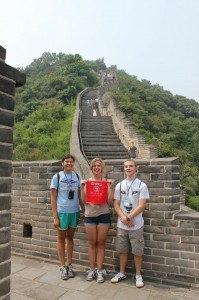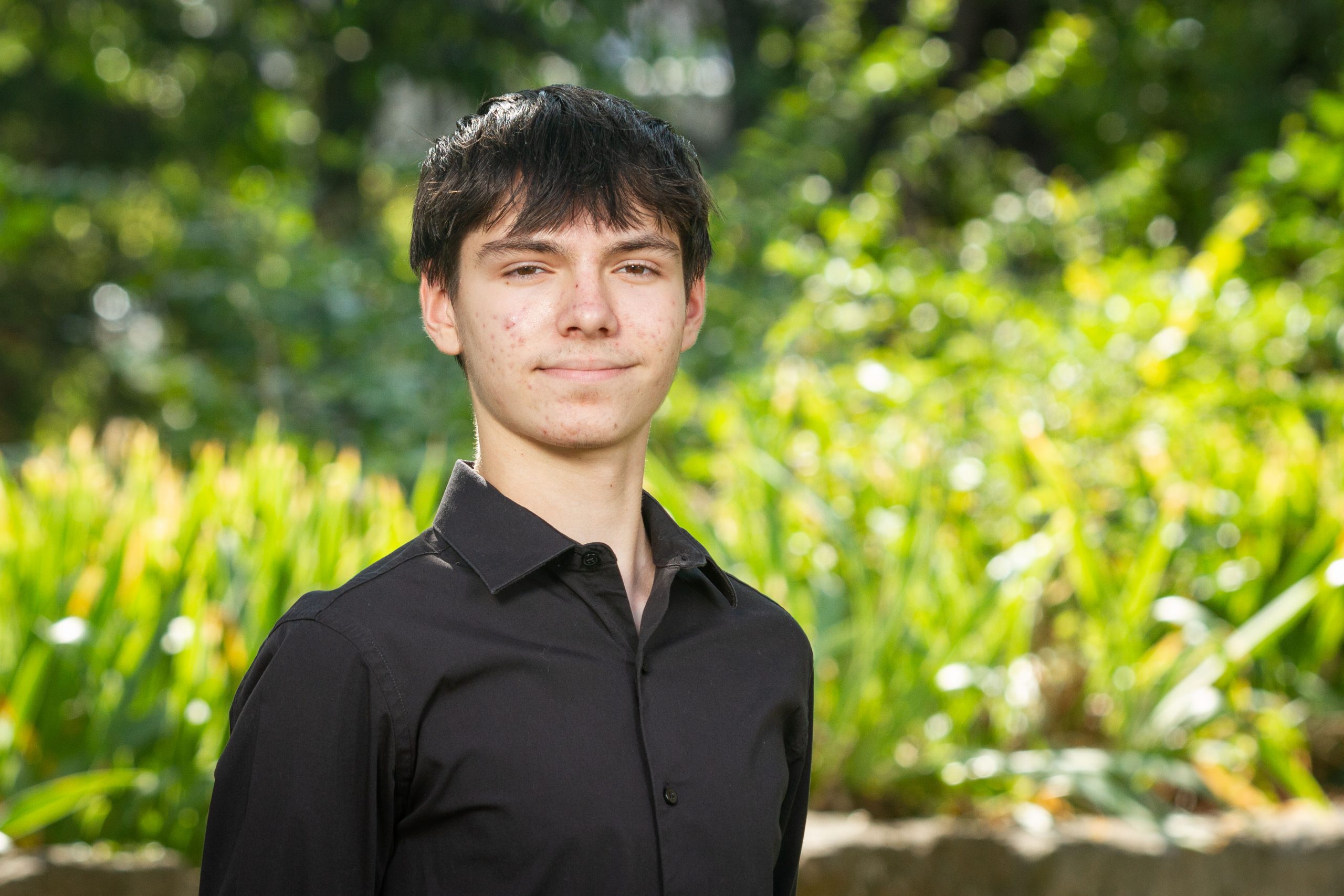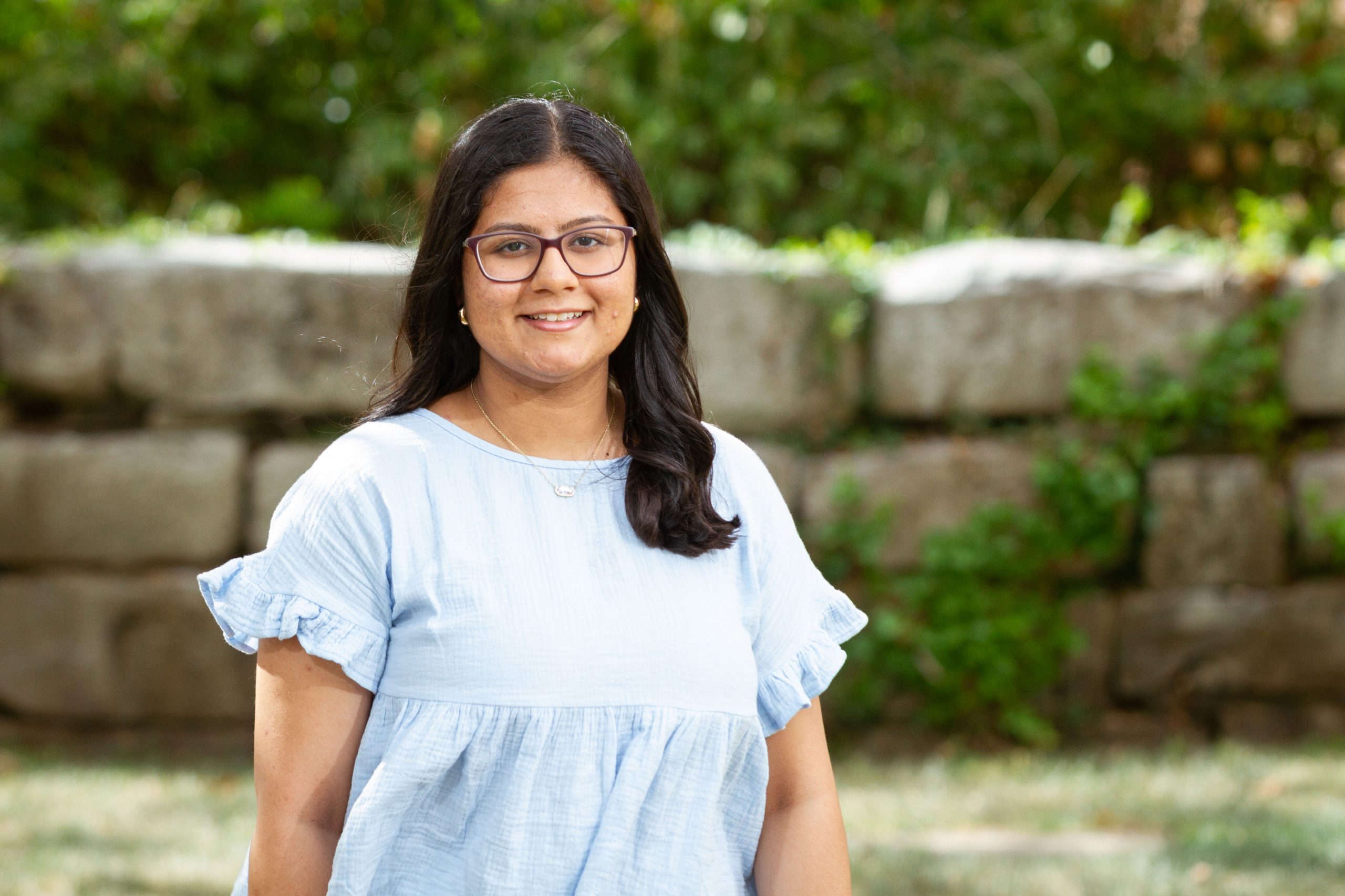China Summer Bridge Program
September 3, 2013 | International, News, Student Life | No Comments
[fblike] Sarah Angelle
My 17th birthday found me pacing the long hallway of Nashville’s airport, waiting for a plane which would take me to Chicago and from there to Beijing. The excitement was bubbling through me with such a rush that I’m surprised the seatbelt on the plane was enough to keep me from floating away. Going to China was the best birthday present I could ask for.

I was given this opportunity through the Confucius Institute at WKU called the Hanban Summer Bridge Program. The idea of the program is to gain elementary knowledge of the Chinese language while being immersed in Chinese culture. The motto of the trip was, you can sleep when you are in America. The itinerary was jammed full with field trips, activities, and language and culture classes.
The field trips included common tourist destinations in Beijing, as well as more unconventional places from the 山东 (Shandong) province (where we spent the majority of our two week stay). Shandong field trips consisted of Weifang, the kite capital of the world, where I learned how to make kites and the meaning of noctilucent kites, the Shouguang vegetable fair (with life-sized statues made of corn and beans), and The Three Kongs: 孔林, 孔庙, and 孔府 (meaning Confucius’ cemetery, Confucius’ temple, and Confucius’ family mansion).
The tourist spots in Beijing included the Great Wall, the Forbidden City, the Silk Market, and traditional Beijing restaurants. Bargaining became a favorite game of many, and it became normal to pay a sixth of the original price. While at a restaurant in Beijing, I learned that eating roasted duck was part of their tradition, and every time the duck was prepared it was cut into 108 slices. The end of our stay in Beijing consisted of the closing ceremony, where our group was costumed in traditional Chinese clothing and performed Chinese sign language along with a song in Chinese about honoring your elders.
In addition to the multiple field trips, we also dipped our toes into Chinese culture through activities at the host school. The activities included Chinese calligraphy and painting, embroidery, pottery, Chinese paper-cutting, dumpling making, Tai Chi, and songs and games taught by Chinese students and the host families we stayed with for a day. My favorite part about staying at Shouguang Century School was the friends I acquired and the hospitality shown. Although we came across a few language barriers, we made connections that I know will last a lifetime.
I plan to take the things that I learned and teach them to my family and friends, such as a family dumpling night and Tai Chi with a friend in the mornings. In the future, I plan to study abroad in China with a focus on language courses and biology research. By experiencing the culture of a language I began only a year ago, I take comfort in how much I have already learned and look forward to a whole lifetime of study ahead.


